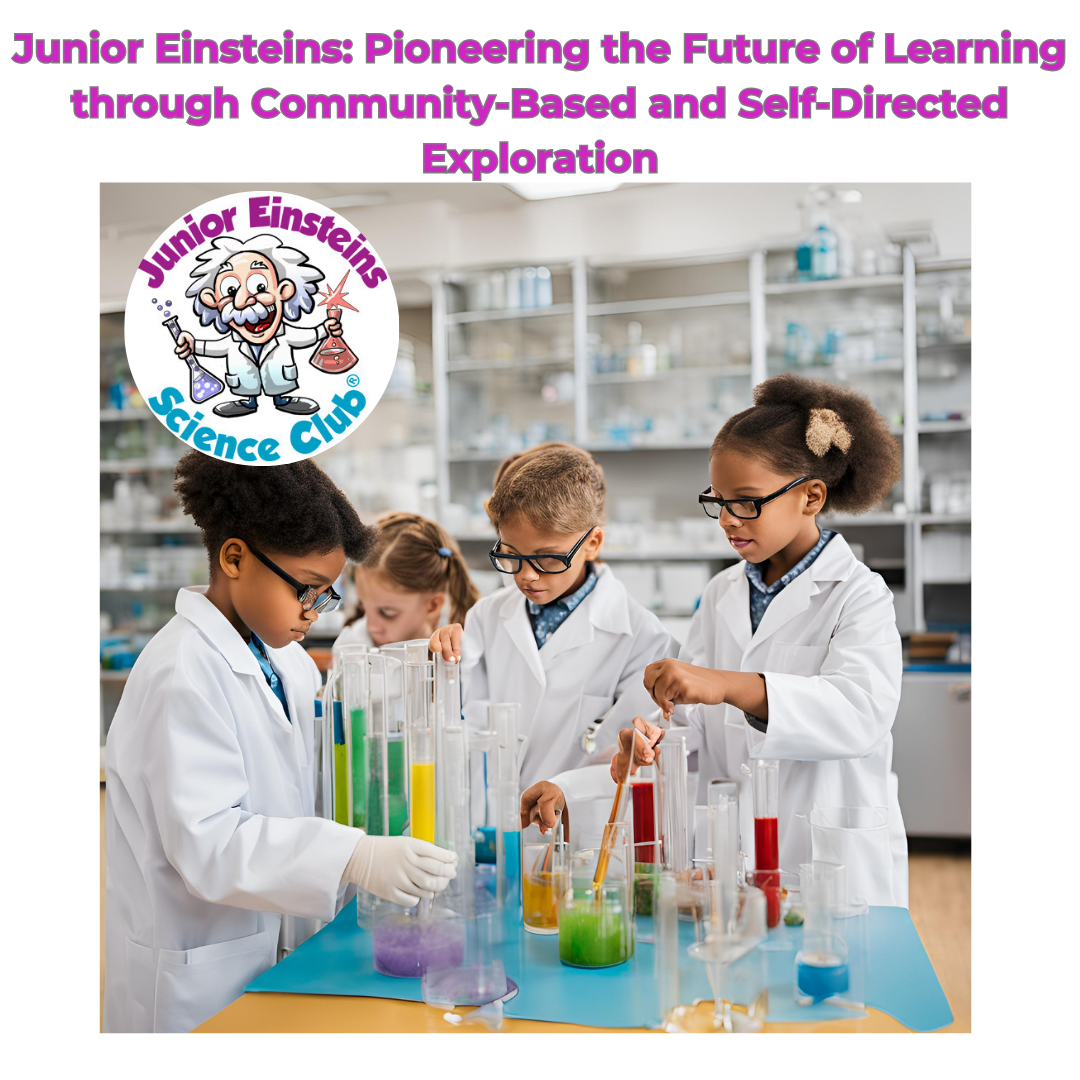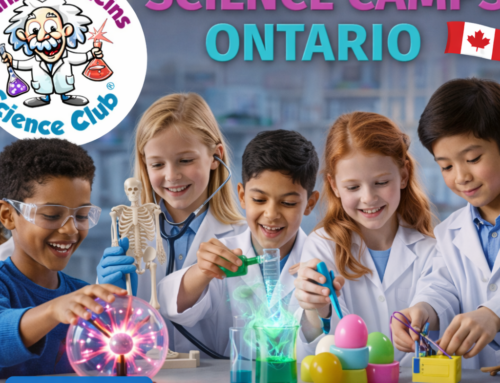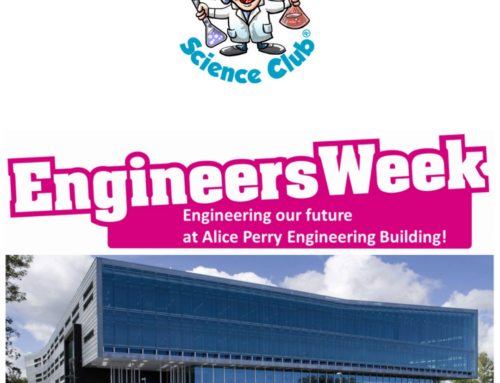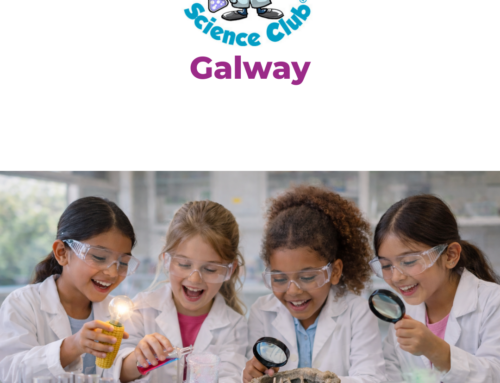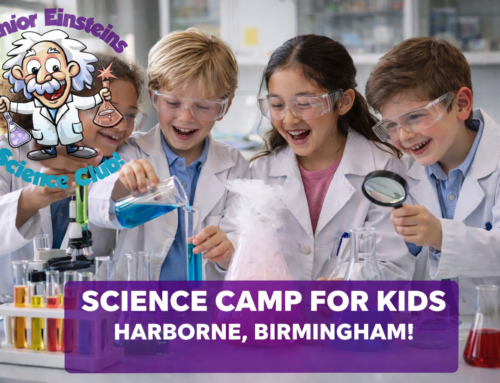Junior Einsteins : Pioneering the Future of Learning through Community-Based and Self-Directed Exploration
At Junior Einsteins Science Club, we have always believed that children are natural-born scientists. Their innate curiosity and drive to explore the world around them form the foundation for lifelong learning. Junior Einsteins : Pioneering the Future of Learning through Community-Based and Self-Directed Exploration However, traditional education systems often fail to nurture this curiosity. By enforcing standardised curricula, rigid grading systems, and conventional teaching methods, these systems can stifle a child’s natural ability to learn, turning education into a chore rather than an exciting journey of discovery.
The Shift to Community-Based Intervention and Self-Directed Exploration
Long before recent shifts in educational approaches became popular, Junior Einsteins Science Club was already laying the groundwork for a different kind of learning experience—one that places the child at the centre of their own educational journey. We recognised early on that a one-size-fits-all approach to education doesn’t work for every child. Our programs were designed to break free from the constraints of traditional education and offer a more hands-on, personalised learning experience in STEM education for kids.
Community-Based Intervention: Our community-based approach involves bringing science into the local environment, where children can engage with educational content in a context that makes sense to them. Whether it’s exploring and doing bug hunts of a nearby park or understanding the physics of everyday objects at home, our method encourages children to see learning as an ongoing process that happens everywhere, not just within the four walls of a classroom.
This approach to science education for children also allows children to work in groups, fostering a sense of community and collaboration. They learn to communicate ideas, solve problems together, and develop social skills that are just as important as academic knowledge. By being active participants in their learning community, children gain a sense of ownership over their education, making it a more meaningful and enjoyable experience.
Self-Directed Exploration: We understand that children learn best when they are allowed to explore their interests at their own pace. That’s why our programs are designed to be flexible and adaptive. We provide the tools and guidance children need to explore scientific concepts, but we let them take the lead. Whether it’s building a model volcano, conducting a chemistry experiment, or crafting a unique invention, we give children the freedom to choose what they want to learn and how they want to learn it.
This form of self-directed exploration in science not only helps children retain information better but also teaches them critical skills like time management, decision-making, and problem-solving. By allowing children to take control of their learning, we prepare them for the future, where these skills will be essential in any path they choose to pursue.
Experiential Education and Adaptive Learning: A New Era in Learning
Today, we are seeing a widespread shift in education toward experiential learning and adaptive learning—approaches that Junior Einsteins Science Club has championed from the start.
Experiential Education: Experiential learning goes beyond textbooks and lectures, focusing instead on hands-on experiences that bring learning to life. This could be through after school science clubs, science camps for kids or our science workshops where children can engage with concepts in a tangible way. By applying what they’ve learned to real-world situations, children are not only able to grasp complex concepts more easily but are also more likely to retain that knowledge in the long term.
At Junior Einsteins Science Club, experiential education is at the heart of what we do. Our interactive science experiments, real-world problem-solving activities, and creative projects ensure that children are actively engaged in their learning. They don’t just learn about science—they experience it.
Adaptive Learning: Every child is unique, and their learning paths should reflect that. Adaptive learning recognises that children learn at different speeds and in different ways. It allows our science instructors to tailor their teaching methods to fit each group’s needs.
Our programs are designed with adaptability in mind. We offer a variety of learning modules that cater to different learning styles and paces. Whether a child is a visual learner, a hands-on experimenter, or a budding inventor, our flexible approach ensures that each child can thrive in their own way.
The Future of Learning Starts Here
At Junior Einsteins Science Club, we are proud to have been pioneers in the current trends shaping the future of education. Our commitment to community-based learning , self-directed exploration, experiential education, and adaptive learning has set the standard for what learning can and should be—a dynamic, personalised journey that empowers every child to reach their full potential.
As the world of education continues to evolve, we remain dedicated to leading the way, ensuring that children everywhere have the opportunity to learn in a way that is engaging, inspiring, and, most importantly, fun. Join us in shaping the future of learning, one curious mind at a time

